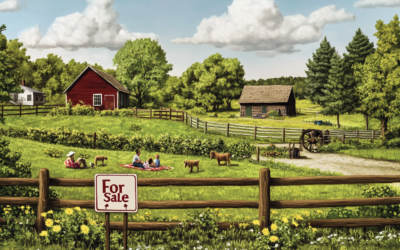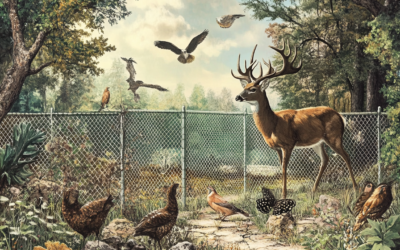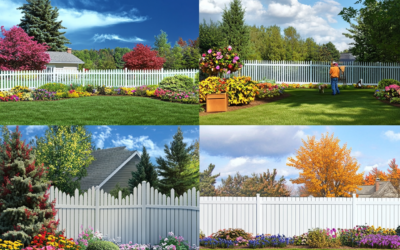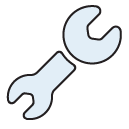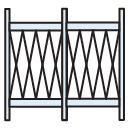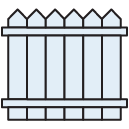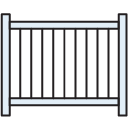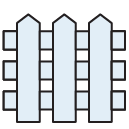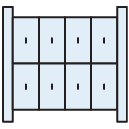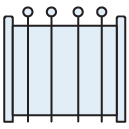Creating a safe and secure environment for your horses is a top priority for any horse owner. While fences are essential for defining boundaries and containing horses within their designated areas, it’s equally important to ensure that the fence itself doesn’t pose a safety hazard. In this article, we’ll explore key considerations for horse fence safety, including design, materials, and maintenance, to help you protect your equine companions from potential injuries.
Fence Design for Horse Safety:
- Visibility: Horses have limited depth perception and can easily spook. Choose a fence that is highly visible, with contrasting colors or materials, to help them easily identify the boundaries.
- Safe Spacing: If using a fence with vertical rails or boards, ensure the spacing is narrow enough to prevent horses from getting their heads or hooves caught.
- No Sharp Edges or Protrusions: Avoid fence designs with sharp edges, protruding nails, or decorative elements that could cause injuries if a horse comes into contact with them.
- Smooth Surfaces: Opt for smooth fence materials that won’t snag or cut a horse’s skin.
- Secure Gates: Install sturdy gates with secure latches to prevent horses from escaping or injuring themselves while trying to open them.
Safe Fence Materials for Horses:
- Wood: Wood is a popular choice for horse fencing, but it’s important to choose a durable wood species that can withstand the elements and the impact of horses. Regular maintenance, such as painting or staining, is crucial to prevent splintering and decay.
- Vinyl: Vinyl fencing is a safe and durable option for horses. It’s flexible and won’t splinter, reducing the risk of injury. Vinyl is also low-maintenance and resistant to weathering, making it a practical choice for horse properties.
- High-Tensile Wire: High-tensile wire is strong and durable, but it’s less visible than other options. Use it in conjunction with a more visible top rail or electric wire to increase visibility and prevent horses from running into it.
- Electric Fencing: Electric fencing can be an effective psychological deterrent for horses, but it’s crucial to use appropriate voltage and ensure proper grounding to prevent injuries.
Fence Maintenance for Horse Safety:
- Regular Inspections: Inspect your fence regularly for any signs of damage, such as broken boards, loose wires, or leaning posts.
- Prompt Repairs: Address any damage immediately to prevent injuries and ensure the fence remains secure.
- Keep the Fence Line Clear: Remove any debris, branches, or obstacles from the fence line that could pose a tripping hazard for horses.
- Maintain Gates: Ensure gates are functioning correctly and latches are secure to prevent escapes or injuries.
The Fence Man: Prioritizing Horse Safety
The Fence Man understands the importance of safety for your equine companions. We specialize in designing and installing horse-friendly fences that prioritize both security and injury prevention. Our team can help you choose the best materials and designs for your specific needs, ensuring your horses have a safe and enjoyable environment. Contact us today for a free consultation and let us help you create a secure and beautiful fence for your horse property.

